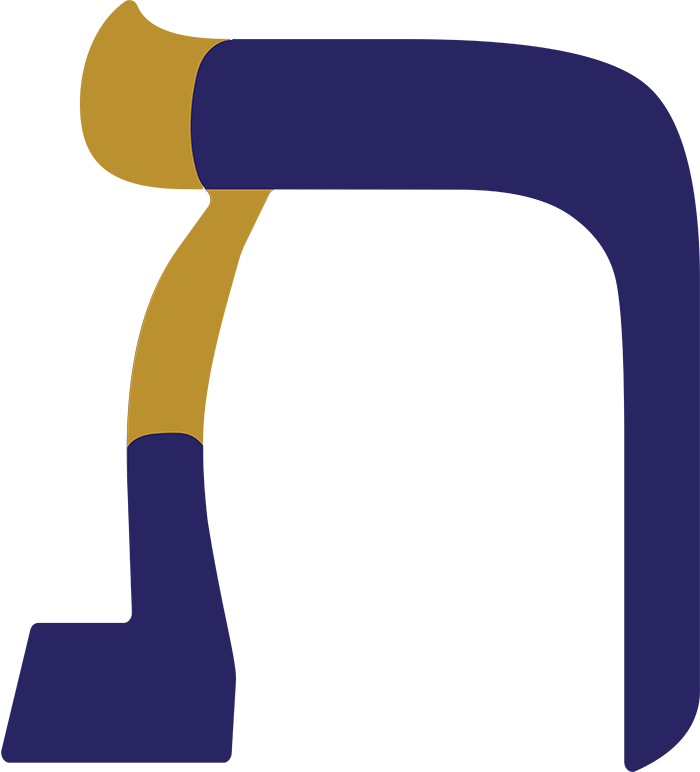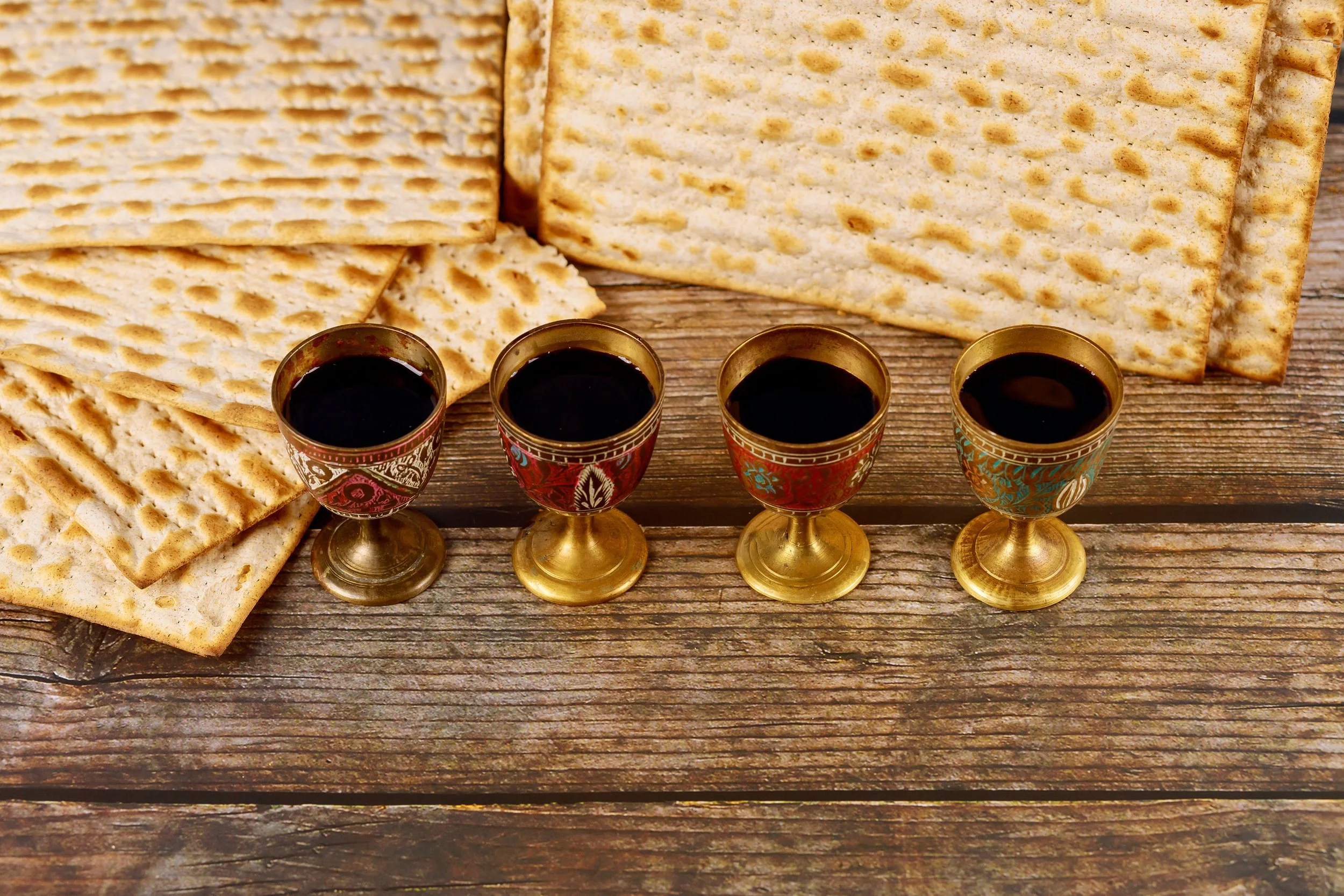Pesach and the Number Four
The number 4 is abundant at the Pesach Seder. We have 4 cups of wine, 4 children, 4 terms of redemption. The Hebrew letter corresponding to the number 4 is dalet, which means door.
What does a door have to do with Pesach? Everything.
Of course the blood on the doorposts saved the Jews in the plague of the firstborn. But, more than this, the door represents the home.
The home is so fundamental to Judaism that our most sanctified places are called home; Beit Kneset (shul,) Beit Sefer (school) and even the Beit Hamikdash.
This is because the home is the soil in which Jewish seeds sprout and grow and the single most powerful force in the continuation of our people.
It is no coincidence that 4 are the mothers. The mothers are the pillars that defined the Jewish home as the conduit of Godly values (the gematria of Echad is 4.) Whilst the modern western tradition has tended to denigrate the role of mother and home, as an institution of subservience, the Jewish tradition places nothing as high as the home and the power of the mother to inculcate the essential foundation of Torah in the Jewish persona.
The seder is the ultimate 5D (touch, smell, taste, hearing and sight) educational experience. The power of the seder is to make the Exodus experience a part of our physical and spiritual being. Like the home, it is designed to reach and teach us to the core. The exodus, together with the giving of Torah constitute the creation of the Jewish psyche.
The 4 children are the target audience which the education has to address. They are personality types, rather than individuals. If addressed according to who they are, as the Hagada instructs, they can be turned into the greatest of our people. The chochom (wise) needs intellectual stimulus, the rasha (bad) needs boundaries, the simple one needs to be engaged, and the one who doesn’t know how to ask needs to be coached.
For this reason the tzaddik (righteous child) does not appear, because, with proper upbringing, they can all be tzaddikim. The Torah recognizes women as having a binah yesera (extra understanding.) It is this that affords a mother natural understanding of her child.
It was due to the Jewish homes (and in the merit of the righteous women) that we were redeemed from Egypt. Therefore the antidote to the most powerful of the plagues, death of the first born, was blood of sheep, the primary Egyptian god, placed on the doors of Jewish homes. These homes stood and remain standing as the universal antithesis of barbarism.

